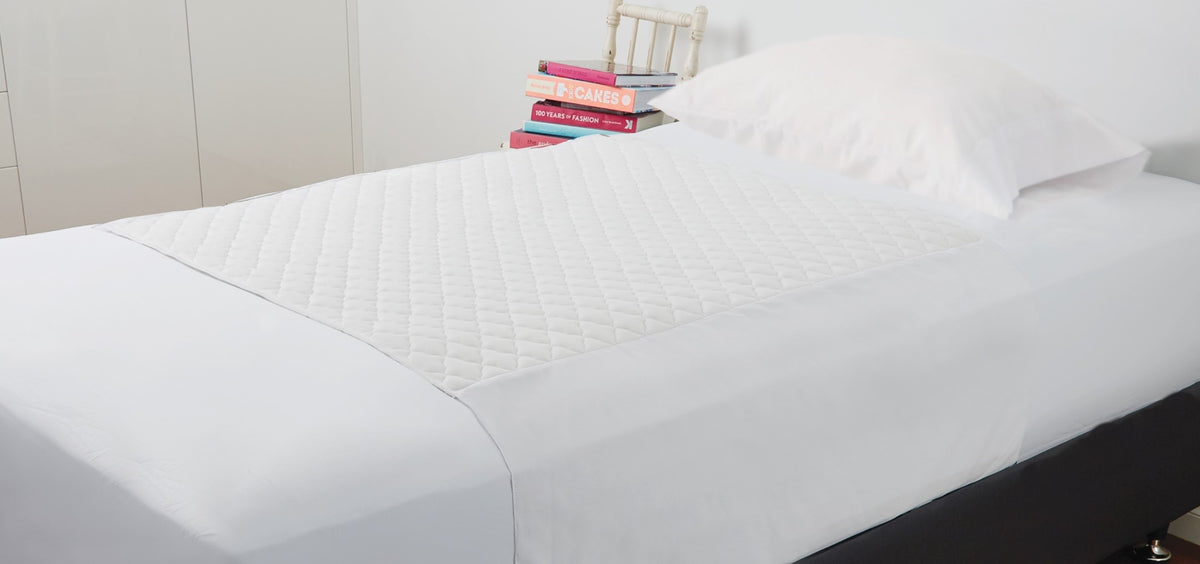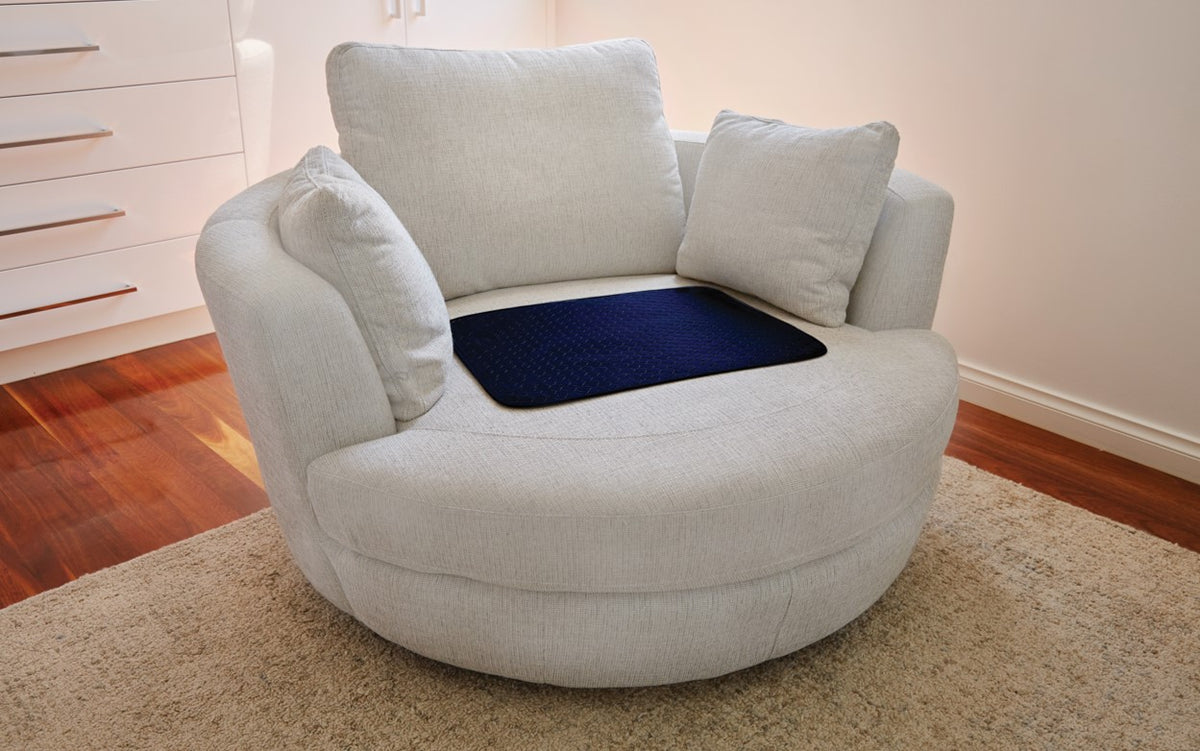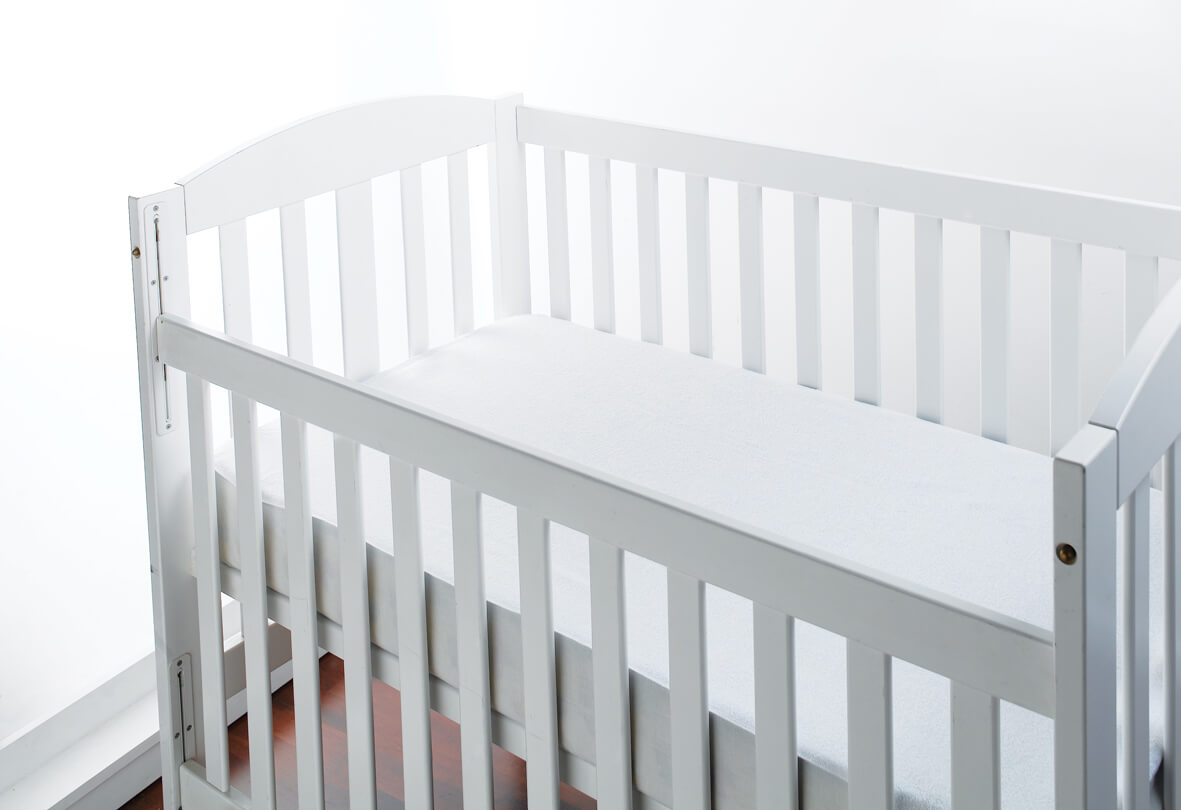A Comprehensive List of Continence Care Initiatives
Tue, Apr 14, 20
Programs
If you, or the person you are caring for, has continence concerns, the most important step for you to take is seeking professional help.
Living with short or long term incontinence can be made easier with the right products, guidance and specialist support
As a starting point, we recommend that you should speak to your doctor or a continence nurse. They will assist you in recognising the cause, treating and managing your problem.

The Continence Foundation of Australia is supported by the Australian Government Department of Health under the National Continence Program.
Whether for you, or the person you are caring for, the National Continence Helpline, from the Continence Foundation of Australia is staffed by continence nurse advisors who can provide you with practical information and advice
The National Continence Helpline:
Call: 1800 33 00 66
www.continence.org.au
The Australian Department of Health provides information to assist with the prevention and management of bladder and bowel problems via the website bladderbowel.gov.au.
This is a very useful resource for both those with an incontinence problem and/or those caring for someone with a problem.
Visit, www.bladderbowel.gov.au

Incontinence can be a difficult aspect for a carer. It can be stressful, add to the workload and be unpredictable.
Carers Australia is the national peak body representing Australian Carers and are available to provide advice in relating to looking after someone.
They can be contacted on
Call (02) 6122 9900
www.carersaustralia.com.au
"Help for people who care for someone with bladder or bowel problems" It can be found here











